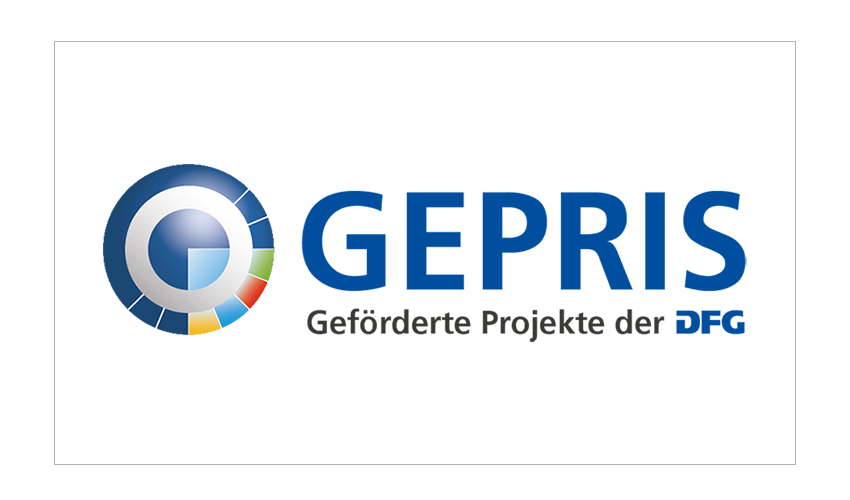Questions about the decision-making process
An important part in the decision-making process is played by a number of DFG committees with members who serve in an honorary capacity. After the review, the process is scientifically evaluated by the review board responsible. For proposals for the coordinated programmes, the review panel includes at least one member of a review board. After another formal check by the DFG Head Office, the proposal is passed to the relevant decision-making bodies. For individual grants this is the Senate and then the Joint Committee; for other programmes it is the appropriate Senate and Grants committees.
The DFG bodies are made up of elected members. The General Assembly meets once a year: this is the central body which decides on the academic members of the Senate and its committees, including the Joint Committee and the Grants Committees. The members of the Executive Committee are also elected by the General Assembly. By contrast, review board members are appointed by means of an election in which more than 100,000 academics at institutions in Germany are eligible to vote. For this reason, the review boards are highly representative of the academic community.
The review boards are responsible for the scientific evaluation of all the proposals for funding research projects. They ensure that a common scientific standard is applied in all the DFG funding programmes. They are supported in their tasks by the reviewers. The process is set out in the Framework Rules of Procedure (Guidelines 70.0(interner Link)).
In the written review, after the review process, the members of the review board are responsible for carrying out the final scientific evaluation of the proposals, of the reviews and the review process and for making a recommendation for approval or rejection to the body making the final decision. This assessment is delivered in writing or at a meeting of the review board. The way in which the 49 review boards work varies according to the discipline in question.
In review panels for the coordinated programmes (and for a few proposals in the individual grant programme with a particular configuration), the recommendations to the relevant decision-making body are prepared in a meeting of reviewers attended by at least one member of a review board responsible for the field in question. As a rule, these meetings last one or two days. On average, a member of a review board is involved in one to two review processes every year.
As the body of the DFG responsible for science policy, the Senate attends to matters of general concern in research and promotes cooperation. In order to fulfil its tasks, the Senate can establish commissions and committees whose members need not be members of the Senate. The Senate discusses the review records from the review boards and prepares for the decision by the Joint Committee. As sub-committees of the Joint Committee, the Senate Committees on Collaborative Research Centres and Research Training Groups prepare funding decisions by the two Grants Committees.
The Joint Committee is the central decision-making body of the DFG. It takes decisions on funding in normal and priority programmes, in the Emmy Noether and Heisenberg programmes and on funding IT structures for scientific purposes. It also decides on proposals for major instrumentation, selections for the Gottfried Wilhelm Leibniz Programme and takes decisions in cases of scientific misconduct.
The Grants Committees on Research Training Groups and Collaborative Research Centres deliver judgements on establishment and grant proposals submitted to the DFG in the two programmes.
The Committee on Scientific Library Services and Information Systems (AWBI) is a subcommittee of the Joint Committee and advises the DFG on all projects and measures concerned with developing and promoting the provision of scientific information.
Please also refer to the further information and documents on the AWB(interner Link).


